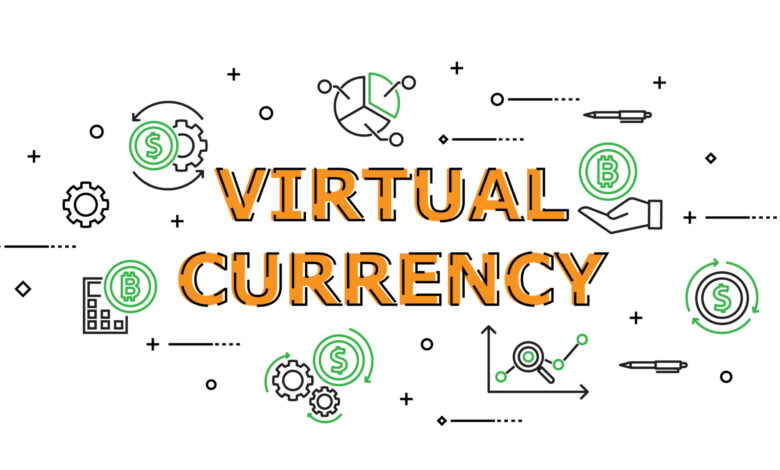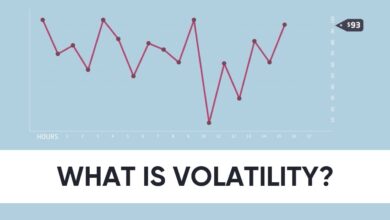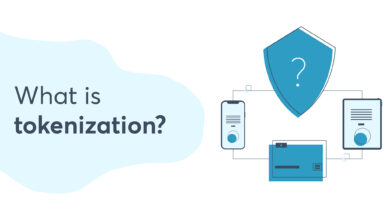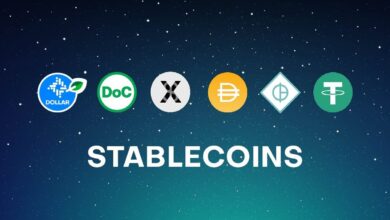What is Virtual Money and What are Virtual Currencies?

An electronic-only digital representation of value is referred to as a virtual currency. Specialized computer, mobile, or software programs are used to store and manage it. Exchanges of virtual money take place online or over private, secure networks. They are frequently given by private individuals or groups of developers without a license.
The term “virtual currency” refers to digital currencies like cryptocurrencies and tokens created by private enterprises. Virtual currency has the advantages of quicker transaction times and simplicity of use. Virtual currencies have the disadvantages of being hackable and providing few legal recourse for investors because they are unregulated.
- Virtual currencies, also referred to as digital tokens of value, are traded online or over the internet.
- However, not all virtual currencies are digital currencies, and the opposite is also true.
- Virtual currencies are usually issued by unregistered private businesses or groups of developers.
- Although eliminating middlemen speeds up transactions, virtual currencies are also susceptible to online fraud and cyberattacks.
Understanding Virtual Currencies
Virtual currency is one variety of digital money. They are issued by private parties, such as a group of developers or organizations, and are only intended for usage online; unlike paper money, they don’t have a physical manifestation. They are different from central bank digital currency, also known as digital copies of money issued by central banks, because of this (CBDC).
To describe various types of “digital money in an uncontrolled environment, issued and managed by its developers, and used as a payment method among members of a specific virtual community,” the European Central Bank (ECB) used the term “virtual currency” in 2012.
The Internal Revenue Service (IRS) of the United States defines virtual currencies as “digital representations of value that function as a unit of account, a store of value, and a medium of exchange.” These definitions may not be entirely correct at this time, despite being sufficiently broad to include a range of virtual currency traits.
Since 2012, a wide range of currencies have been added to the list of potential virtual currencies that do not fit the ECB’s definition of the word. For instance, certain virtual currencies that are considered cryptocurrencies, like Ripple’s XRP, are not strictly controlled or used by a virtual community.
Advantages of Virtual Currencies
Several advantages of virtual currencies include the following:
- The manufacturing and physical storage of virtual currencies are not expensive.
- The technological underpinnings of virtual currencies speed up transactions and remove geographical boundaries.
- With the help of decentralized virtual currencies, two parties to a transaction can communicate directly without the use of a middleman.
- Virtual currencies can be programmed to execute transactions automatically. For instance, smart contracts on Ethereum’s blockchain can hold and distribute money from escrow accounts without the need for human intervention.
- A range of goods, including artwork and gaming tokens, can be assigned a value using virtual currencies, which are digital repositories of value.





